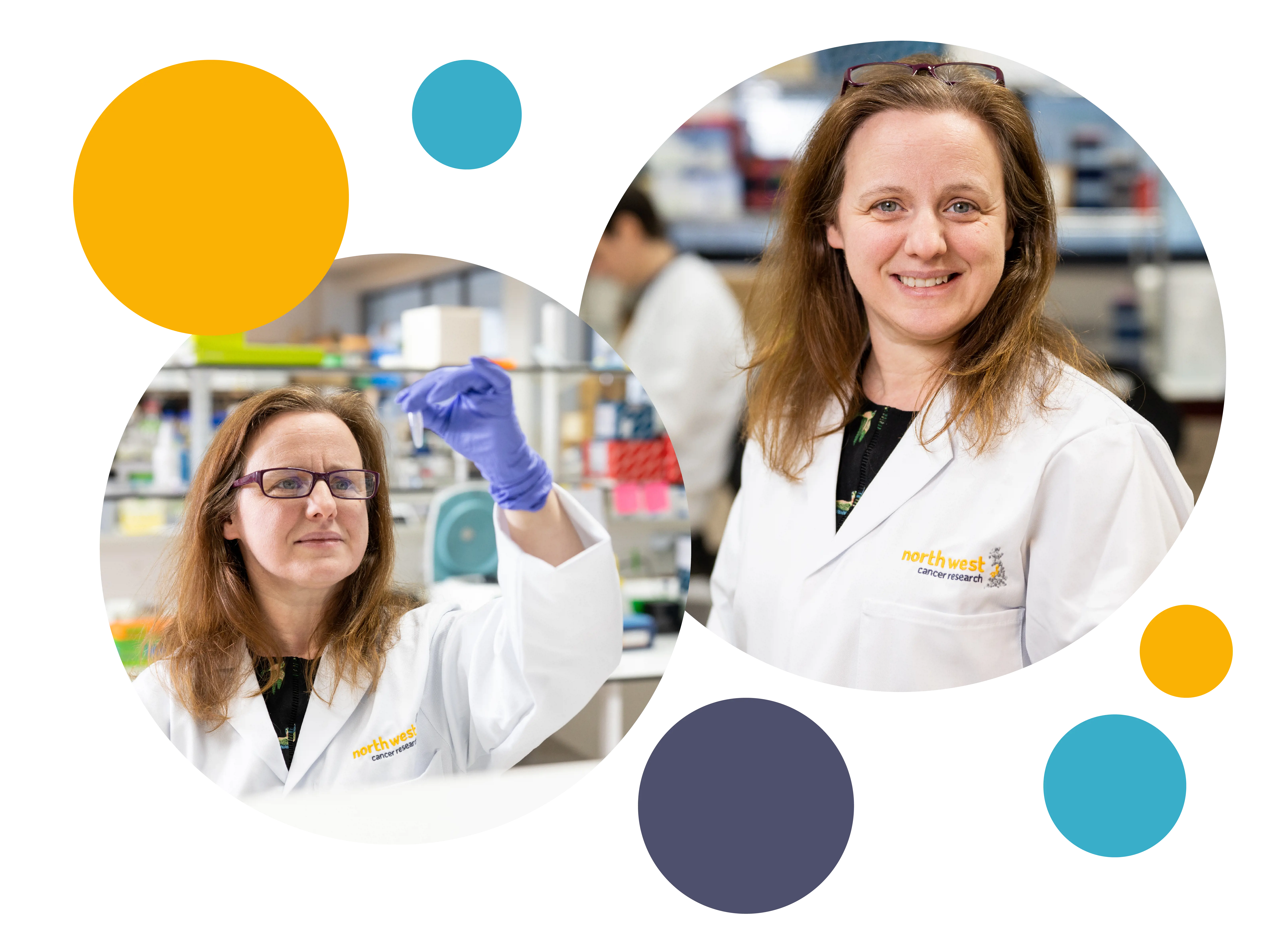Focus On: Dr Gabrielle Grundy
Across the UK, around 12,000 people are diagnosed with head and neck cancer each year. Our region faces a particular challenge, recording above-national average rates.

Across the UK, around 12,000 people are diagnosed with head and neck cancer each year. Our region faces a particular challenge, recording above-national average rates.

Merseyside is the most affected, with a 30% higher rate than the rest of England.
Dr Gabrielle Grundy, the North West Cancer Research Fellow at University of Liverpool, is researching the mechanisms of resistance to radiotherapy in head and neck cancers.
We sat down with Gabrielle for a chat about her work in cancer research.
What does your research entail and what impact do you see it having for patients in the future?
The local statistics for head and neck cancer are a real concern. There are over three times more cases in some parts of Liverpool than the national average and a large portion of head and neck cancers are difficult to treat because they are particularly resistant to radiotherapy. This means that cancers have a greater chance of recurring so high doses of radiation are needed to destroy the tumour.
Unfortunately, current treatments often lead to poor quality of life for the patient and are not always successful. I’m investigating whether a combination of radiotherapy and a targeted drug can improve the effectiveness of the radiotherapy so that dosage may be reduced and lead to a better quality of life for patients.
These particular chemotherapy drugs are already in use for breast and ovarian cancer but also have the potential to be effective in making head and neck cancers more sensitive to radiation.
In short, the project aims to provide vital information on why head and neck cancers are resistant to radiotherapy, which should lead to the use of drugs that are more effective and directed in order to produce fewer side effects using lower dosages of radiation. Data gathered by this project proposal may also allow clinicians in the future to predict which patients would respond well to this combination of radio and chemotherapy and in turn create a more personalised approach, something which is not available to patients at this time.
From a personal point of view, it’s wonderful to have the chance to perform high quality research in the North West, which is my home. I grew up here and my family are here and like most families we have lost loved ones to cancer. It’s my greatest wish to put my skills and knowledge to good use and make a difference to cancer patients and those affected by cancer.
What do you love about your role?
It’s a really unique opportunity as it allows a research scientist, such as myself, to develop new ideas and produce work to support the fight against cancers that particularly impact the local population.
It’s also a special role as the Charity brings you closer to those affected by cancer and the incredible fundraisers and events. It allows a sharpened focus, to produce work that will ultimately improve outcomes for patients.
So there was a special connection to North West Cancer Research there for you too?
Yes, I have been aware of the important research funded by NWCR for some time now and I know that their support is vital to cancer research at our North West universities and a very special network has developed between them. I had the opportunity to work briefly at the Head and Neck Cancer group located at the University of Liverpool and was impressed by the collection of dedicated clinicians and scientists supported by the Charity. It’s clear that it’s a fantastic environment to produce meaningful work to combat cancers that are especially challenging in our region.